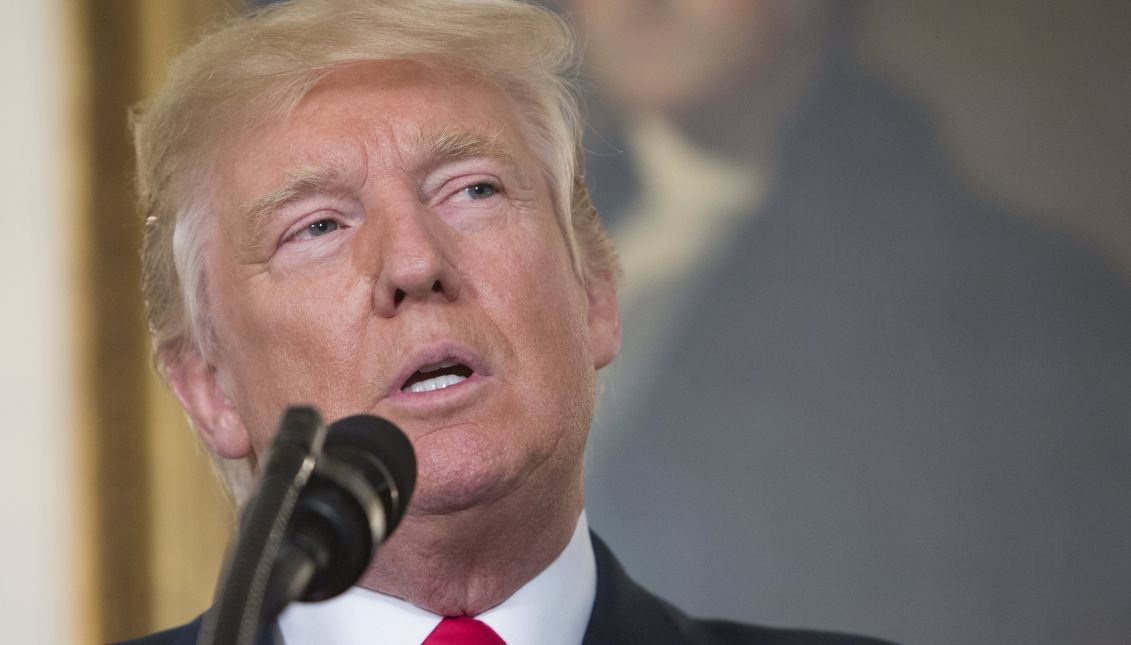
Charlottesville: Trump returns to blaming all parties for Virginia violence
President Donald Trump on Tuesday blamed both neo-Nazi and white supremacist groups and leftist demonstrators who confronted them for the weekend violence in Charlottesville, Virginia.
"You had a group on one side that was bad and you had a group on the other side that was also very violent. No one wants to say that, but I'll say it right now: You had a group on the other side that came charging in without a permit and they were very, very violent," Trump said at a Trump Tower press conference in New York.
The president said that the violence that erupted - leaving one woman dead and about 20 people injured - in Charlottesville was "horrible," but he insisted that not all of those who attended the protest were neo-Nazis or white supremacists.
Trump's message was confusing, as several media pointed out. By stating that “you also had some very fine people on both sides” of the violence in Charlottesville, the president showed a "return to his initial, equivocating language will likely be taken as implicit support for their cause by white supremacist groups, whose numbers have been growing since his election, as reported in The Atlantic.
These groups often cultivate a sense of victimhood to recruit new members and convince themselves that their beliefs aren’t hateful. For the rest of America, though, a voice of moral certainty comes from a surprising source—late-night comedians who offered strong critiques of Trump’s response to Charlottesville.
Trump said that many people attending the rally were there to protest the removal of a statue of Confederate Gen. Robert E. Lee.
"You had people in that group who were protesting the taking down of what to them is a very, very important statue," the president said, going on to suggest that if historical revisionism could deligitimize Lee's role and lead to the removal of his statue, then it could also be used to remove statues and monuments to George Washington and Thomas Jefferson, who were both slave-owners.
The "Unite the Right" march in Charlottesville led to clashes between rallygoers and their opponents.
Trump said Tuesday that the decision to remove such statues should be left to local authorities and be handled on a case by case basis, but he also vehemently defended his earlier response to what happened in Charlottesville after the criticism he received for waiting two days to explicitly condemn the Ku Klux Klan, the neo-Nazis and white supremacists who had gathered there.
CONTENIDO RELACIONADO
He told reporters that the statement he had made on Saturday had been vague in assigning blame for the violence because, "Unlike ... the media, before I make a statement, I like to know the facts."
When he learned the facts about the violence, he said, he came out and condemned the KKK and the white supremacists.
Originally, Trump on Saturday had said that "hatred, bigotry and violence" had been evidenced "on many sides" and failed to single out the white supremacists who had called the march in Charlottesville.
"We condemn in the strongest possible terms this egregious display of hatred, bigotry and violence, on many sides," the president had said at his Bedminster, New Jersey, golf club. "On many sides. It's been going on for a long time in our country. Not Donald Trump, not Barack Obama. This has been going on for a long, long time. It has no place in America."
Today, however, after directly censuring the racist groups, Trump reverted to his original line and insisted on spreading the blame for the violence.
"What about the alt-left that came charging at the alt-right - do they have any semblance of guilt?" Trump said in response to a reporter's question. "They came charging, clubs in hand, swinging clubs."
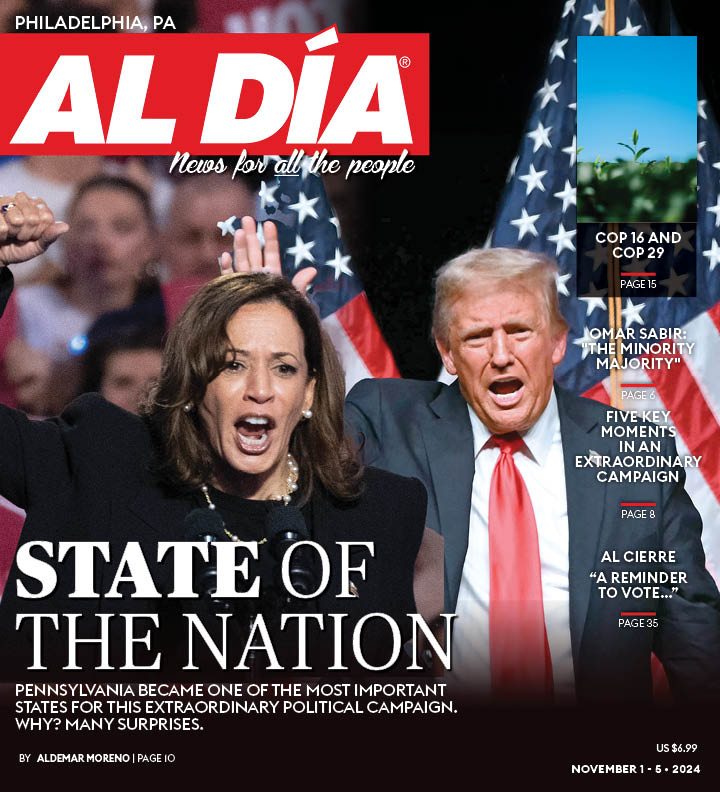

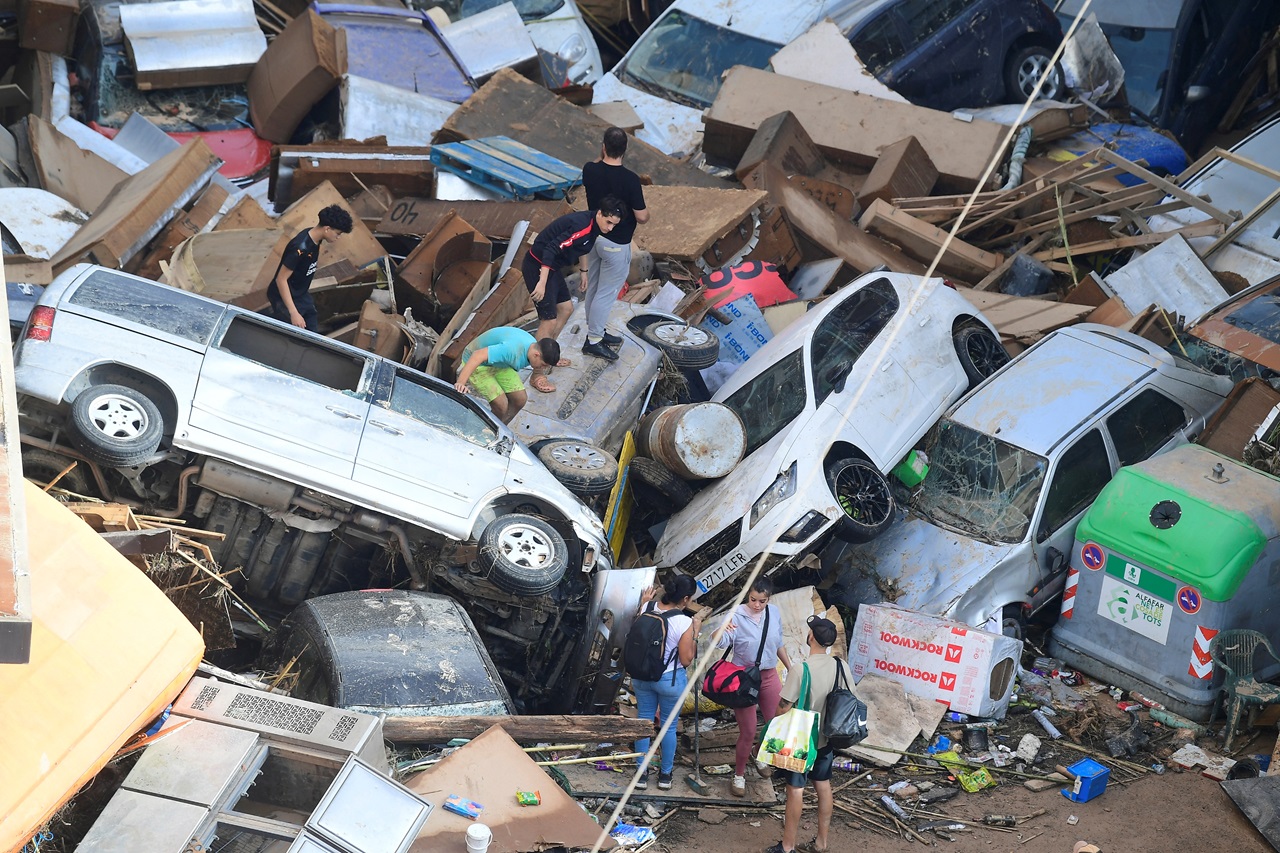
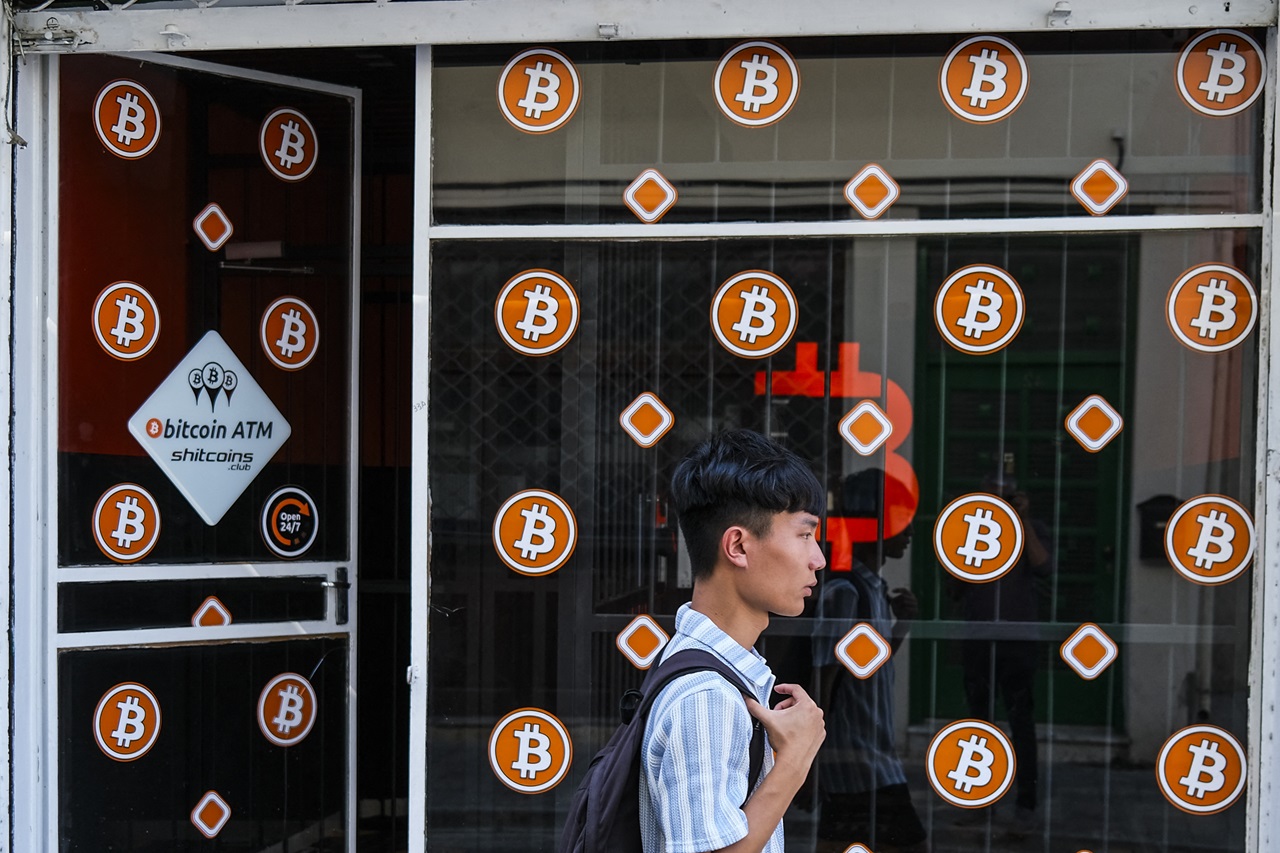
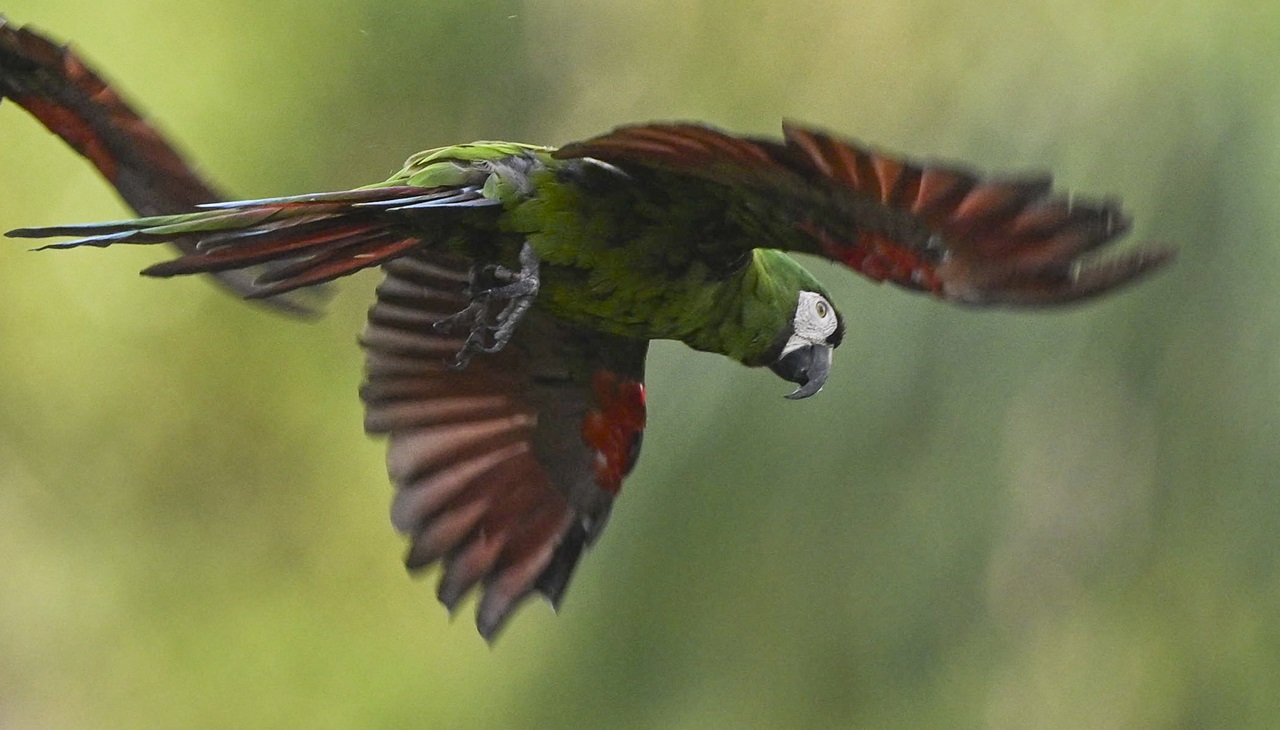
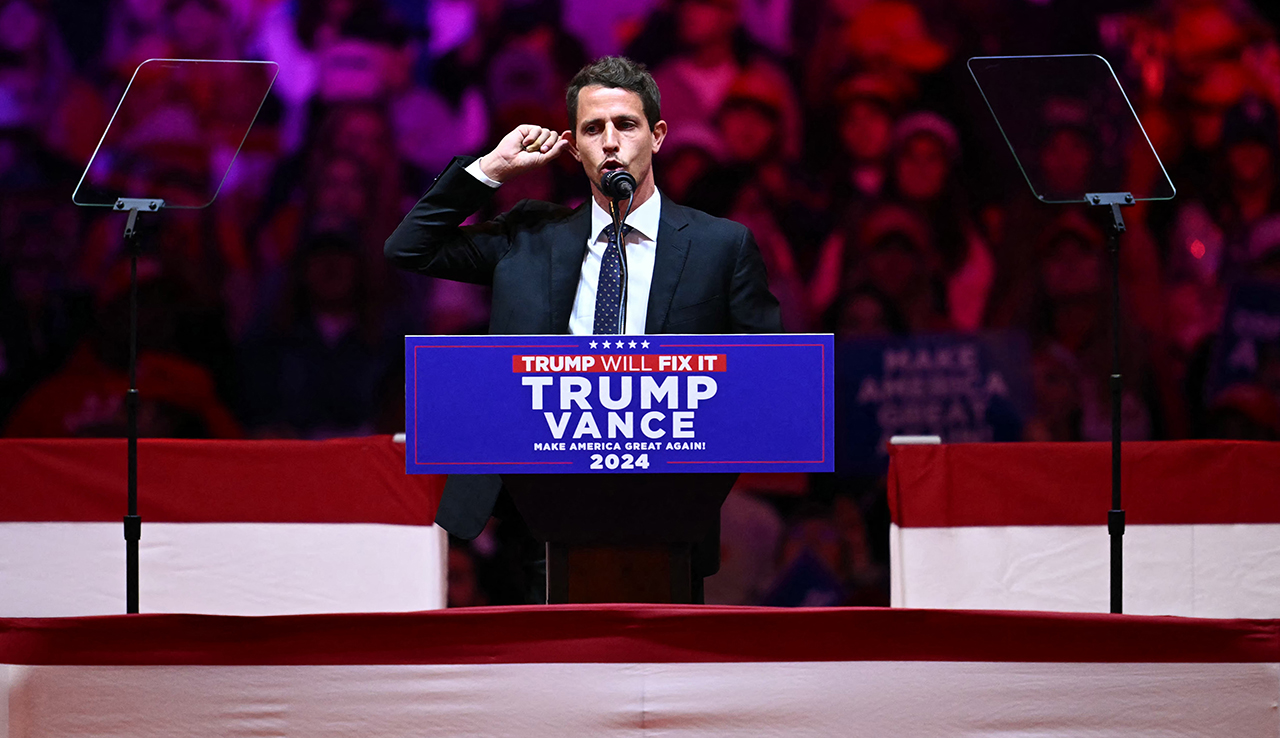
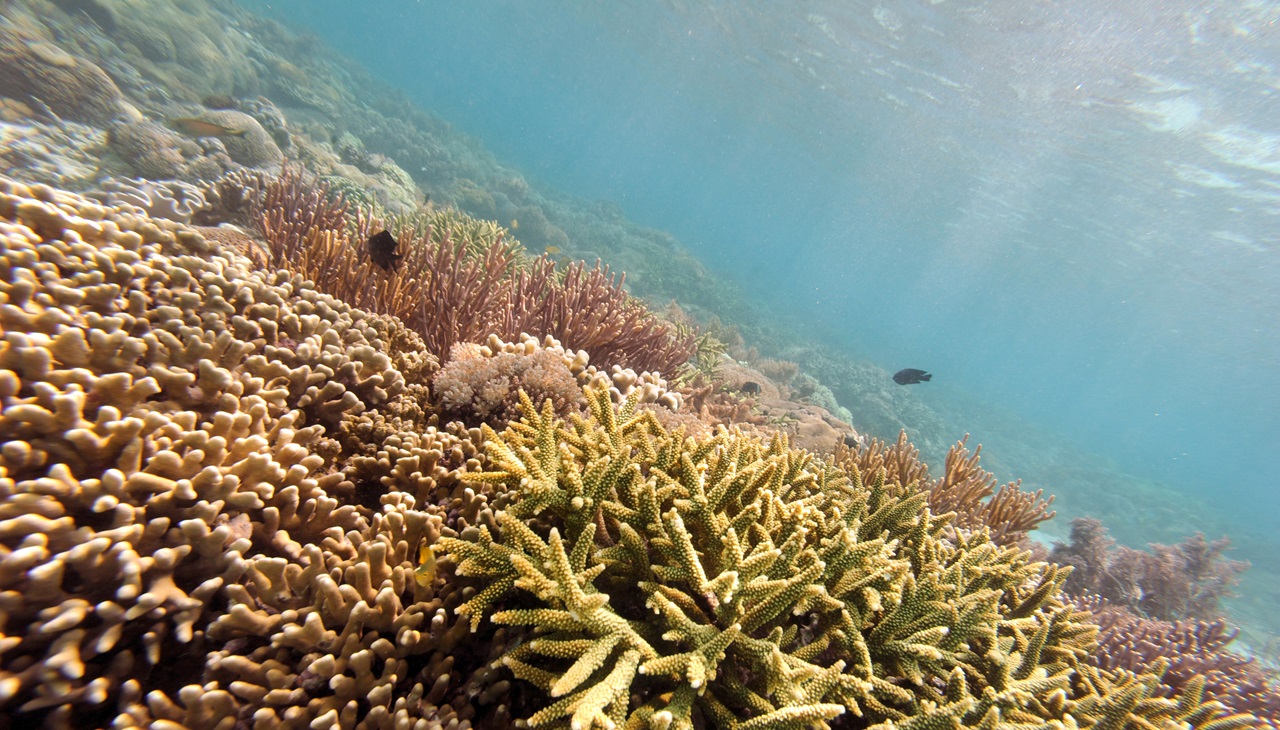
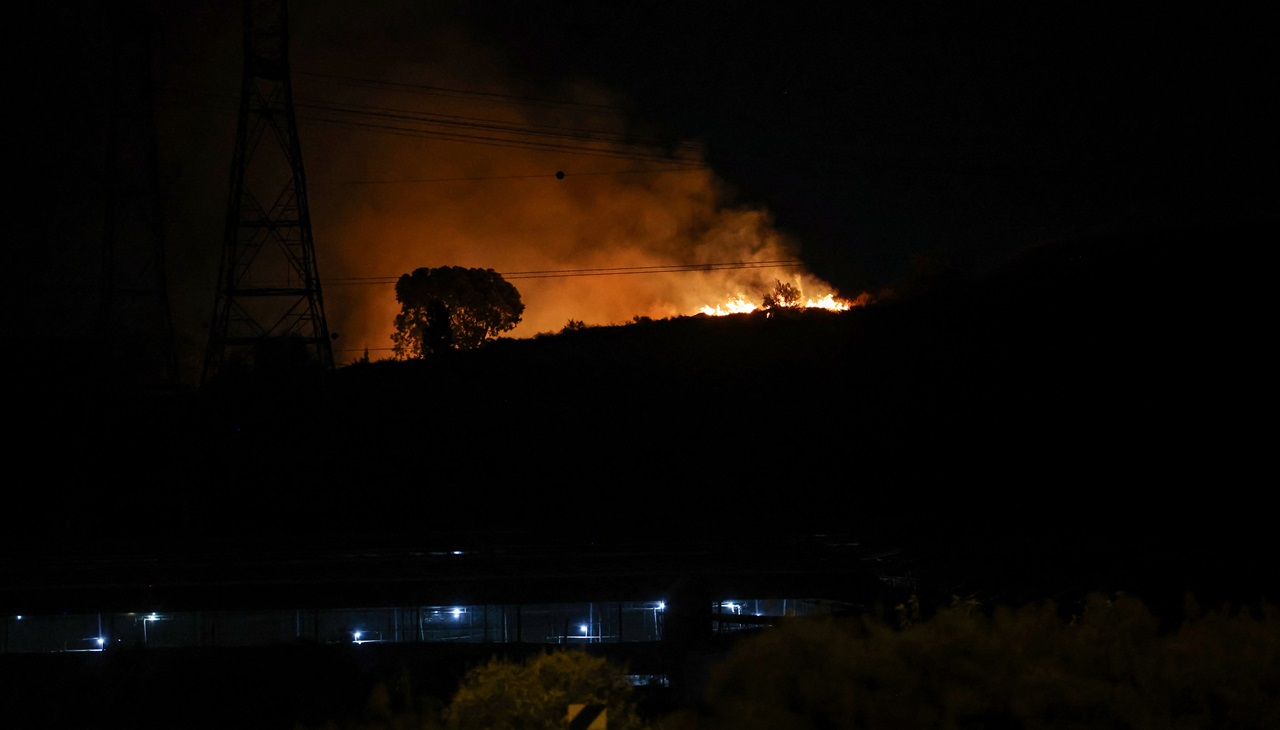
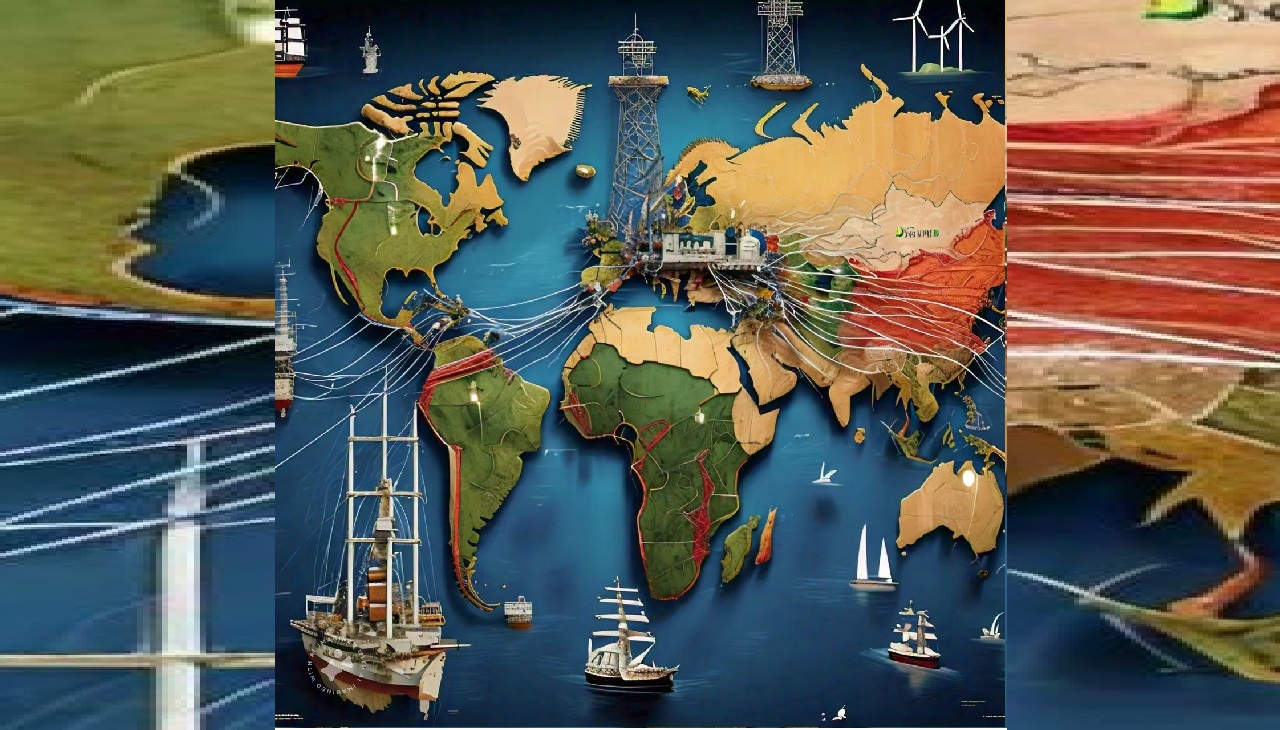
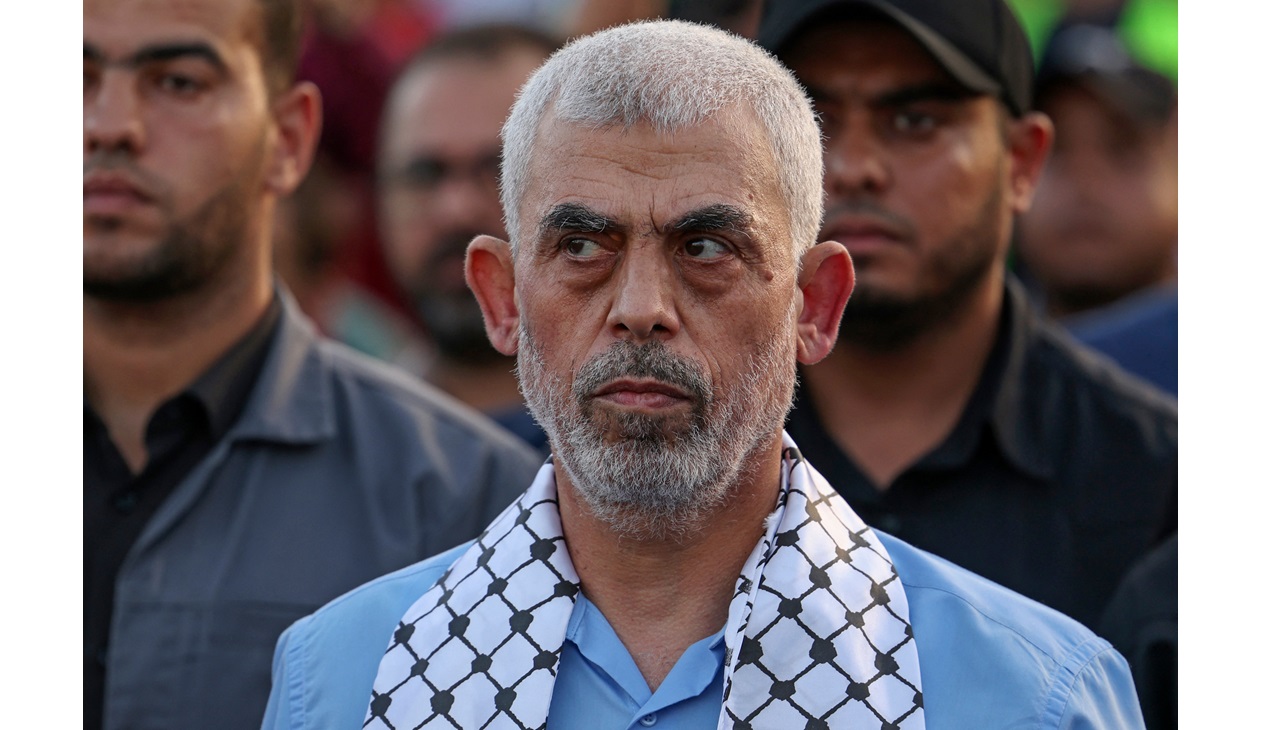
DEJE UN COMENTARIO:
¡Únete a la discusión! Deja un comentario.